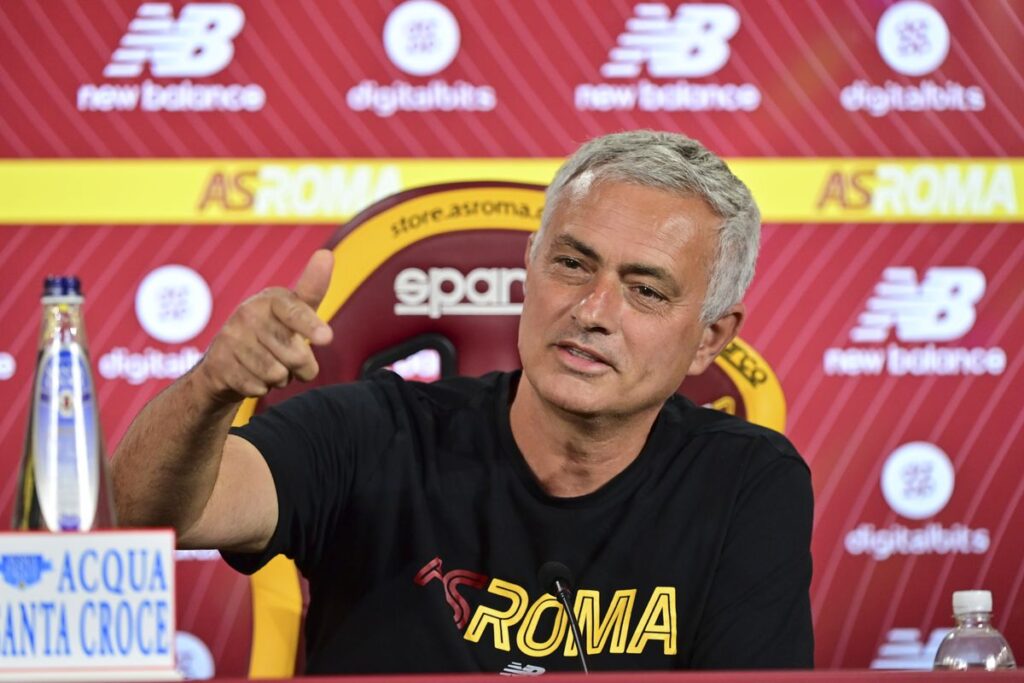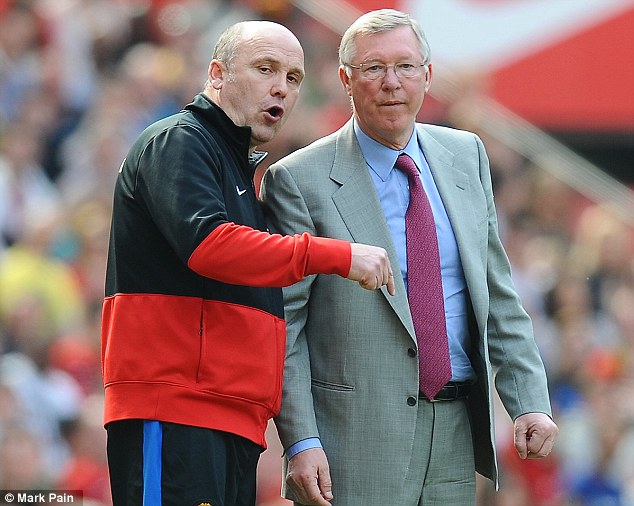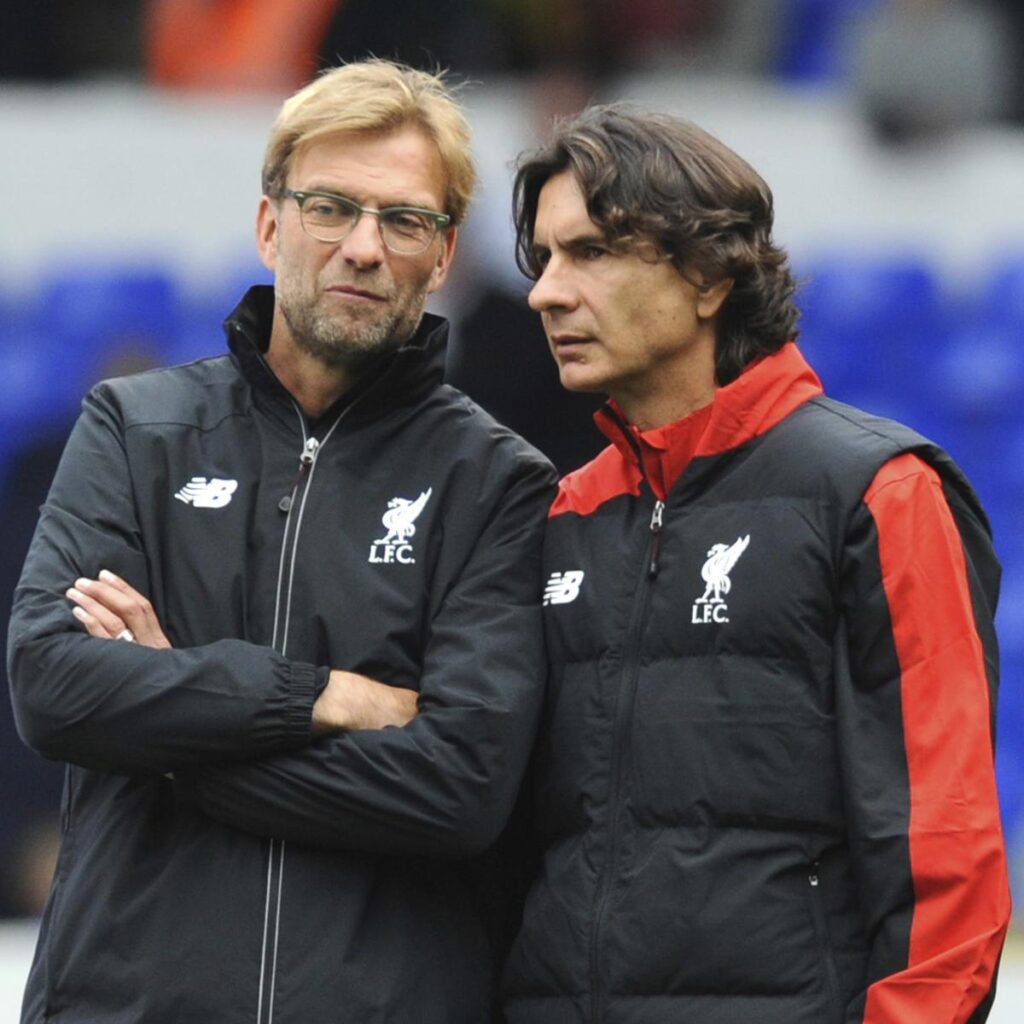Understanding the distinct roles within a football team can significantly enhance our appreciation of the game, particularly in the Premier League. Two pivotal roles often discussed are the football manager and the football coach. Although these titles are frequently used interchangeably, they include different responsibilities and skills. This article aims to explain, with brief and simple descriptions, the specifics of each role, highlighting their unique contributions to a team’s success.
No matter if it’s womens football, mens football, coaching youth teams or training elite uefa champions league or world cup teams, the roles should be distinctive. In the United Kingdom may be called manager and coach while in other countries the roles are head coach and assistant coach but all clubs employ people to fill these positions.
The main difference between the coach and the manager is that the head coach’s main focus is always on the team, in the game, developing the tactical and technical aspects of the game. The coach develops the training strategy and studies of the opponent. It’s more focused on the game and how to win the next game.
Pedro Mendonça
Table of Contents
Defining the Roles
What is a Football Manager?
Historically, the role of a football manager has evolved from the days when managers were mere overseers of team logistics. Today, a football manager is similar to a CEO, responsible for the overall strategy and direction of the team. Their duties include making key decisions about player recruiting, managing budgets, and shaping the long-term vision of the club. A football manager often act as the public face of the team, interacting with media and representing the club in official matters.

What is a Football Coach?
In contrast, a football coach focuses more on the hands-on aspects of training and match preparation. In simple words, coaches are seen as trainers who improves players’ physical conditions and skills. Modern football coaches, however, are tacticians who devise game strategies, design and deliver training sessions, and ensure players are in peak condition for matches. Their primary goal is to implement the manager’s vision on the training ground and during games.
2 Key Differences Between a Football Manager and a Coach
1. Strategic vs. Tactical Focus
A football manager is tasked with strategic planning, which includes long-term goals for the club, such as winning titles and building a strong squad for future seasons. He/she must consider the club’s financial health, youth development programs, and scouting networks.
On the other hand, football coaches focus on tactical execution. They develop game plans for upcoming matches, analyze opponents’ weaknesses, and ensure players understand their roles and responsibilities on the field. Coaches are the ones who translate the manager’s strategic vision into practical, actionable plans.
2. Administrative vs. Training Duties
Football managers handle numerous administrative duties, including negotiating contracts, managing player transfers, handling the press and maintaining relationships with club executives and sponsors. These tasks require excellent negotiation skills and a deep understanding of the football market.
Coaches are deeply involved in the day-to-day training sessions. They design drills to improve players’ skills, fitness, and teamwork. Coaches must stay updated on the latest training techniques and sports science to maximize player performance.
In-Depth Look at Responsibilities
The Manager’s Responsibilities
- Team Selection: One of the manager’s crucial roles is team selection. Managers decide the starting lineup and formation for each match, balancing player fitness, form, and tactical requirements.
- Media Relations: Managers also handle media relations, giving interviews, and holding press conferences. They communicate the club’s vision and address any controversies, maintaining the club’s public image.
- Player Transfers and Contracts: Another significant responsibility is managing player transfers and contracts. Managers identify potential signings, negotiate terms, and sometimes make tough decisions about selling players to balance the club’s finances.
The Coach’s Responsibilities
- Training Sessions: Coaches develop and implement training sessions tailored to the team’s needs. This includes physical conditioning, technical drills, and tactical training to prepare players for matches.
- Performance and Skill Development: A critical aspect of a coach’s job is skill development. Coaches work individually with players to enhance their individual and group technical abilities, such as passing, shooting, and defending.
- Match Preparation: Coaches play a vital role in match preparation. With the help of the rest of the staff, they analyze upcoming opponents and develop strategies to exploit weaknesses. They provide players with detailed instructions and conduct practice sessions that mimic game situations.
Impact on Team Performance
- Manager’s Long-Term Vision: A manager’s long-term vision focuses on building a sustainable team capable of competing at the highest levels over several seasons. This involves nurturing young talents, creating a robust team culture, and planning for future success.
- Coach’s Short-Term Goals: In contrast, a coach’s short-term goals are centered on winning the next match and how to dominate on the pitch. Coaches emphasize immediate performance improvements and quick tactical adjustments to secure victories.
Case Studies
Successful Premier League Managers
- Sir Alex Ferguson: Sir Alex Ferguson’s tenure at Man Utd is a prime example of a successful Football Manager. His long-term vision and ability to adapt to changing football dynamics helped the club achieve unparalleled success. His achievements with Manchester United are unique managing to win all the trophies at least once. European Cup, FA Cup, League Cup, Premier League are some of the titles he managed to conquer.
- Arsène Wenger: Arsène Wenger transformed Arsenal with his innovative approach to training, nutrition, and scouting, demonstrating the impact of a forward-thinking manager.
Successful Premier League Coaches
- Mike Phelan: As an assistant coach under Ferguson, Mike Phelan played a crucial role in Manchester United’s tactical preparation and training, contributing significantly to the team’s success.

- Zeljko Buvac: Known as Jürgen Klopp’s “brain,” Zeljko Buvac’s tactical acumen and training methodologies were instrumental in Borussia Dortmund and Liverpool’s triumphs under Klopp’s management. He was a valuable member of Klopp’s coaching staff helping to reach the team’s goals.

- Pep Lijnders: is Liverpool’s influential assistant and has been described as “unique” by manager Jurgen Klopp. He joined the Reds in 2014 season, initially as their Under-16s coach. A year later he was promoted to the first-team set-up by Brendan Rodgers, remaining under Klopp. After a short spell as manager of NEC Nijmegen in Holland in 2018, Lijnders was tempted back to Anfield, with Klopp telling him, “I feel we can conquer the world together”.
Blended Role
Of course, in modern professional football, with expensive club squads, there are managers who adopt responsibilities from both roles. Coaches such as Jose Mourinho (Champions League winner with football club Inter Milan and La Liga winner with Real Madrid), Pep Guardiola (coach of Barcelona’s 2008-2012 dream team, Bayern Munich and now Man City) even Carlo Ancelotti (former head coach of AC Milan and now of Real Madrid) are coaches who love to get involved with the day to day training sessions.
Skills and Qualities Required
Managers must possess strong leadership skills to inspire and guide the team. Effective leaders can motivate players and staff, fostering a positive and ambitious club culture.
Negotiation skills are crucial for managers, especially when dealing with player contracts and transfers. Successful negotiations can secure top talent and ensure financial stability.
Coaching Skills
Coaches need extensive technical knowledge of the game, including tactics, formations, and player roles. This expertise allows them to devise effective training sessions and game plans.
Motivational skills are equally important for coaches. They must inspire players to perform at their best, particularly during challenging times or after setbacks.
Training and Development
Becoming a Manager
Aspiring managers typically start with a background in football, either as players or in junior football coaching roles. Many pursue advanced coaching licenses and managerial courses to gain the necessary knowledge and skills.
Career progression often involves working in lower leagues or as assistant manager before stepping into a top managerial role in the Premier League.
Becoming a Coach
Coaches need specific certifications and training, such as UEFA coaching licenses and coaching courses. Continuous professional development is vital to stay updated with the latest training techniques and tactical innovations.
Similar to managers, coaches often start in youth or lower league teams, gradually progressing to higher roles as they gain experience and prove their abilities.
Challenges Faced by Managers and Coaches
Managers face immense pressure to deliver results, manage player egos, and maintain good relations with the board and fans. Their decisions are constantly scrutinized, making it a high-stress role.
Coaches also experience pressure, particularly to improve player performance and execute successful game plans. Their work directly impacts the team’s results, adding to the stress of the job.
Balancing Roles and Relationships
In regards the relationships with the players, managers must maintain authority with fostering good relationships with players. Effective communication and empathy are key to managing these dynamics.
Coaches often develop closer relationships with players due to daily interactions during training. Building trust and respect is essential to motivate and improve player performance.
Conclusion
In conclusion, understanding the distinct roles of a football manager and a coach is crucial for appreciating the intricate dynamics of a Premier League team. While managers focus on the strategic, long-term vision, coaches concentrate on the tactical, day-to-day execution. Both roles require unique skills and qualities, and their collaboration is essential for a team’s success. By recognizing their contributions, we can better understand the complexities of football management and coaching.
FAQs
- How do managers and coaches collaborate? Managers and coaches collaborate through constant communication and aligning on the team’s strategic goals and tactical plans. This synergy is crucial for the team’s success.
- Can one person be both a manager and a coach? While it’s possible for one person to fulfill both roles, it’s rare in the Premier League due to the specialized and demanding nature of each position.
- What qualifications are needed for these roles? Managers typically need advanced coaching licenses and extensive experience, while coaches require specific certifications, such as UEFA coaching licenses, and practical training experience.
- How do their salaries compare? Generally, managers earn higher salaries than coaches, reflecting their broader range of responsibilities and higher level of accountability.
- What is the impact of their roles on a team’s success? Both roles significantly impact a team’s success. Managers shape the long-term vision and strategy, while coaches ensure effective execution through training and match preparation.

